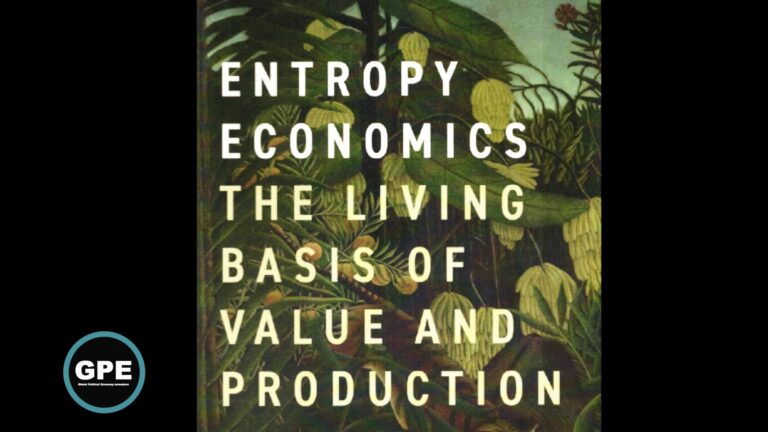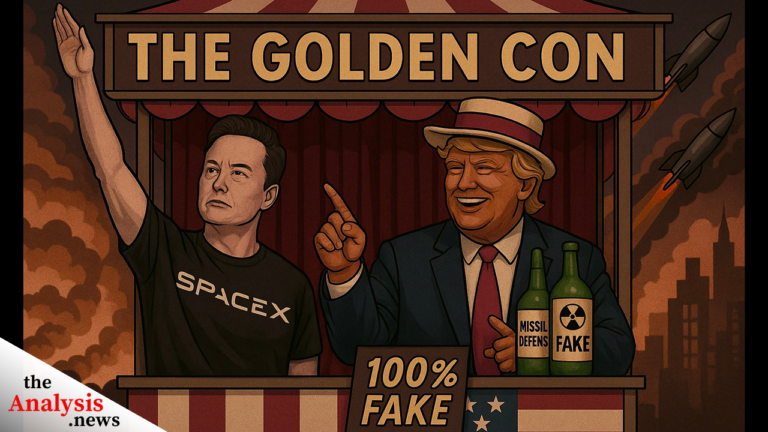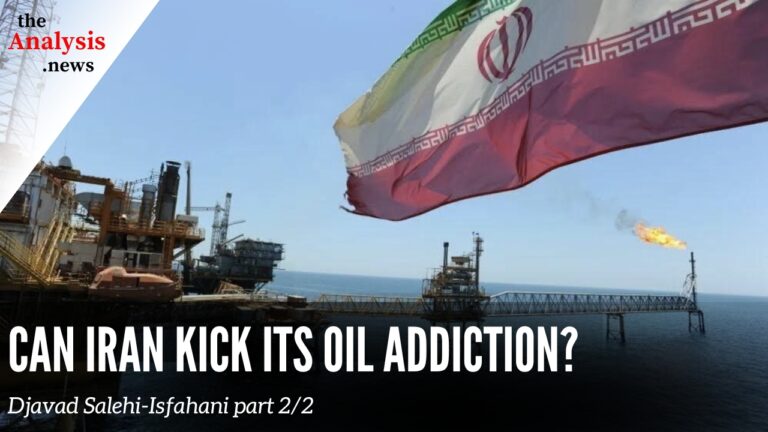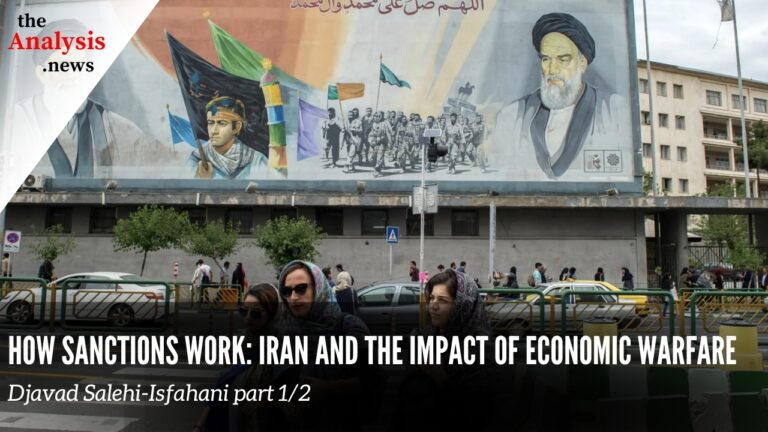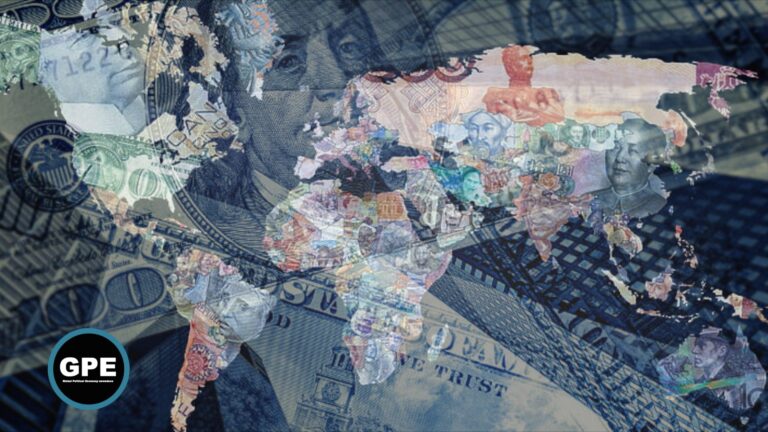From the Fossil-Fuel Civilization Into …? A Biophysical Reality Check
James K. Galbraith (Entropy Economics) argues that economics cannot keep ignoring that energy and resources for production are no longer abundant and easy to access. Drawing from the fundamental laws of nature, he proposes a viable framework of economic analysis to envisage the future of human society. Produced by GPEnewsdocs.
